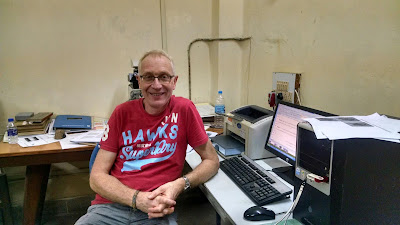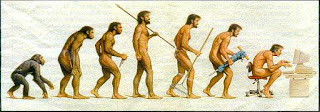Classic Indian reactions to "Research"

I've realized I'm gradually turning into an asocial person, after I joined research. Maybe it is to do with my choice of field (a paleontologist, you could say I like dead things more than living ones!), or maybe it is to do with the fact that I don't find many I can talk to about my work. [ But isn't that true for most professions? Which of your relatives really understands your profession, your interests, your job? ] The greatest reason, however, is that most Indians think that Indian researchers are crap. And so it happens that whenever I'm in a social gathering, I start observing people's reactions to my " Research " in response to their " So what do you do ?". And there are some consistent characters everywhere. 1. The Sneerers These are the people who will immediately tell you that you should have gone abroad. That there is no scope for science in this country. That the only real science happening anywhere in th...


